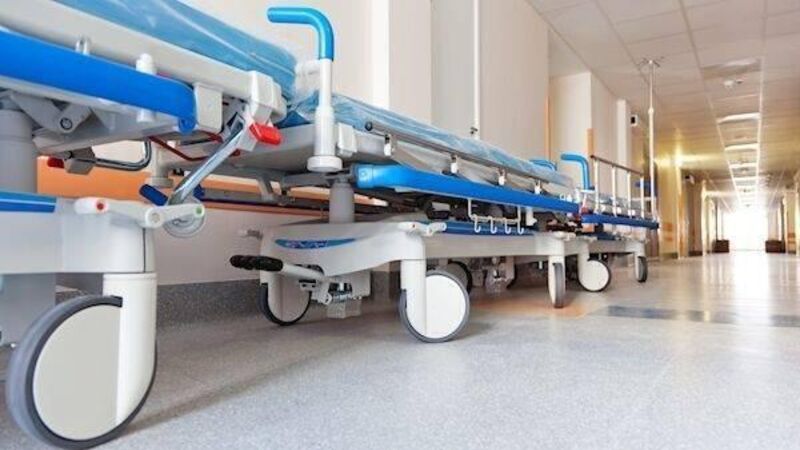Human rights body examining new HSE discharge policy

The HSE has changed how discharges to nursing homes are managed after hospital treatment is complete.
The Irish Human Rights and Equality Commission has referred concerns about a new HSE hospital discharge policy for review to its human rights and equality unit.
As fears about overcrowding grow, the HSE has changed how discharges to nursing homes are managed, after hospital treatment is complete.













